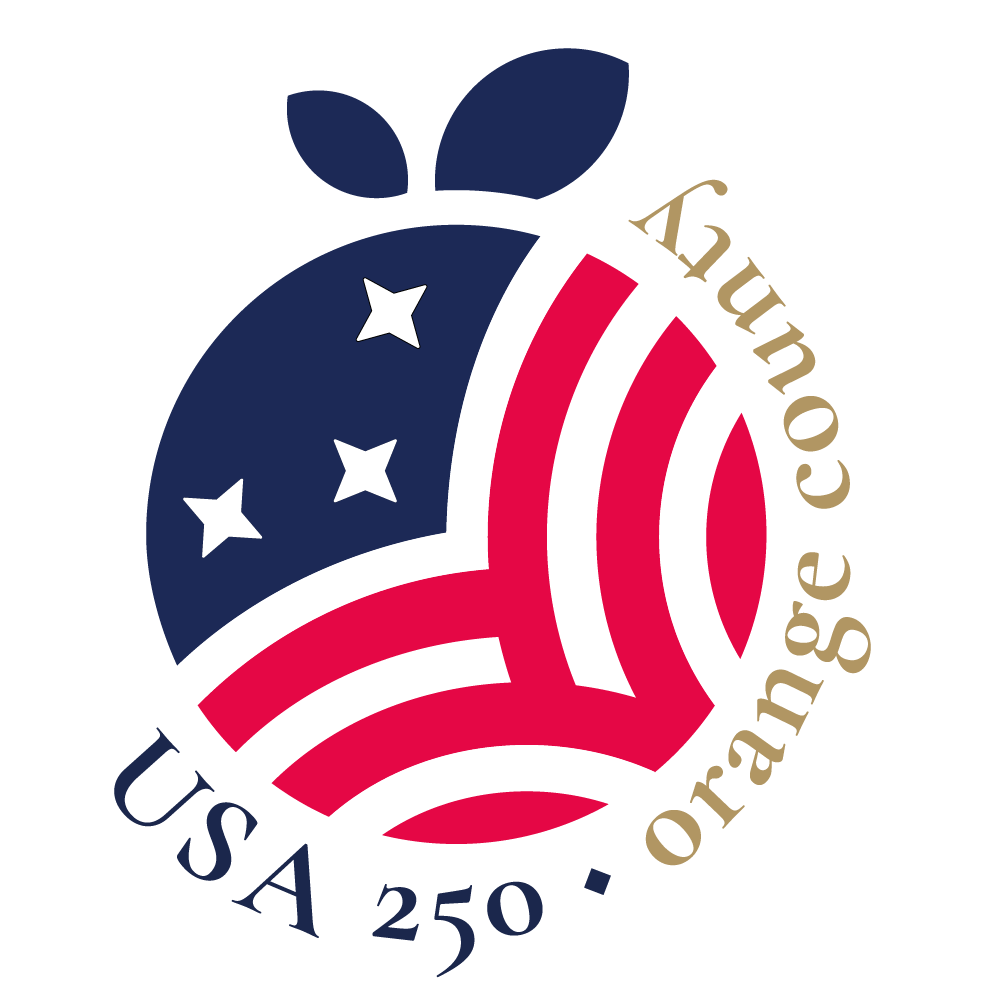
If you were to type “probabilities of coincidences” in your search engine on your computer and sift through more than twenty pages of links to stories about “coincidences,” you won’t find a quick and clear definition. The subject lines included titles such as “The Problem of Coincidences,” “What Are the Odds,” “Why Coincidences Happen and What They Mean,” and “Statistician’s Approach to Coincidences.” You’d also find a book titled The Improbability Principle: Why Coincidences, Miracles and Rare Events Happen Every Day. However, a most intriguing online headline read “Coincidence as an Argument for the Existence of God.”
When do “coincidences” extend beyond mathematical calculations, the necessity of large numbers, and probabilities into the unknown or the unknowable? What does one make of multiple coincidences converging to create something different or new? Is this an entirely different phenomenon, one many people would identify as “divine providence?”
Divine providence generally refers to the governance by God of his creation; that He is sovereign over the universe and ultimately in control of all things. Thomas Jefferson used the term in the Declaration of Independence, acknowledging the “firm reliance on the protection of divine providence.” When explaining the symbols on the Great Seal of the newly formed states in 1782, Charles Thomson, Secretary of the Continental Congress, said they “allude to the many signal interpositions of providence in favor of the American cause.” During the Constitutional Convention five years later, Benjamin Franklin noted, “If it had not been for the justice of our cause, and the consequent interposition of Providence, in which we had faith, we must have been ruined.” In fact, he added, “the longer I live, the more convincing proofs I see of this truth – that God governs in the affairs of men.
In his first inaugural address. George Washington acknowledged “the invisible Hand which conducts the affairs of men” and offered as his “first official act” his “fervent supplications to that Almighty Being who rules over the universe, who presides in the councils of nations.” His first Thanksgiving Proclamation called for the people “to acknowledge the providence of Almighty God” and thank Him “especially by affording them an opportunity peaceably to establish a form of government for their safety and happiness.”
In mid-June, 2025, a new major motion picture will premier in theaters across the United States exploring these questions. Aptly titled The American Miracle: Our Nation is No Accident, the film “will take its audience on a journey through some of the most significant events in America’s birth and rise to prosperity and power.”
Admittedly, as the film’s title attests, The American Miracle favors the belief in divine providence over more secular explanations of the success of the colonial David over the Goliath of the British Empire. Nevertheless, the history of the quest for independence, liberty and self-government of thirteen colonies on a narrow strip of land along the shore of the Atlantic Ocean remains a remarkable one. As one online subject head reads, “What Are the Odds?”
What were the odds that the French and Spanish would secretly supply aid for a rag-tag, underfunded army against the forces of the world’s super-power? How did George Washington survive when two horses were shot from under him and at least five bullets penetrated his clothing? Then there is the harrowing winter at Valley Forge; crossing the Delaware; the improbability of thirteen individual colonies (each called “my country” by its inhabitants); crafting a new kind of nation built on “federalism;” and much more.
Whether divine providence, a series of amazing coincidences, brilliant colonial strategy, or just plain historical good luck, the story of America is a fascinating one. For those rejecting the notion of divine providence in favor of more secular explanations of America’s success, it is noting-worthy that some of America’s top historians and scholars participated as advisors to assure the film’s historical accuracy. Among them are the noted Joseph Ellis, Akhil Reed Amar, Robert George and Lord Amdrew Roberts.
But here is the best of all. If you attended USA250-OC’s launch at the Richard Nixon Presidential Library and Museum on January14, 2025, you heard an inspiring speech about personal virtue and public service from President George Washington. (We like to call him “our” George Washington.”) You can see and hear from him again in The American Miracle.
See you at the movies!
